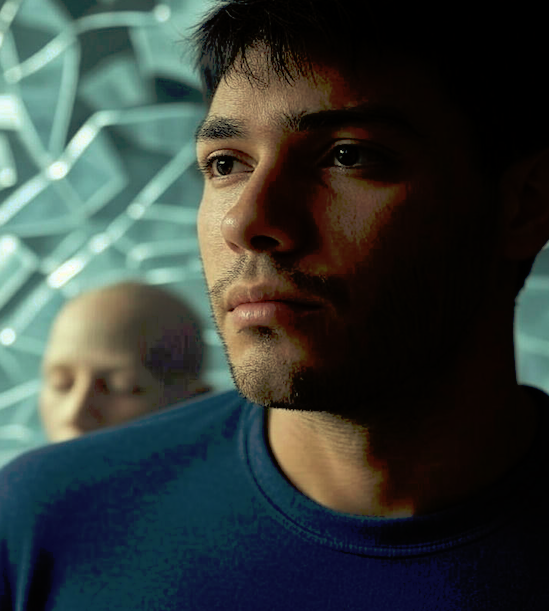When Being Right Makes Us Wrong
Admitting we're wrong is humanizing. It softens us. By admitting fault there's space for connection. But being right can create complication.
Les Mottosky & WBN News Canada & WBNNewsCalgary & WBN USA Edition & WBN News Winnipeg & WBN News Nashville & WBN News Okanagan & WBN News Global
-
2 min read









